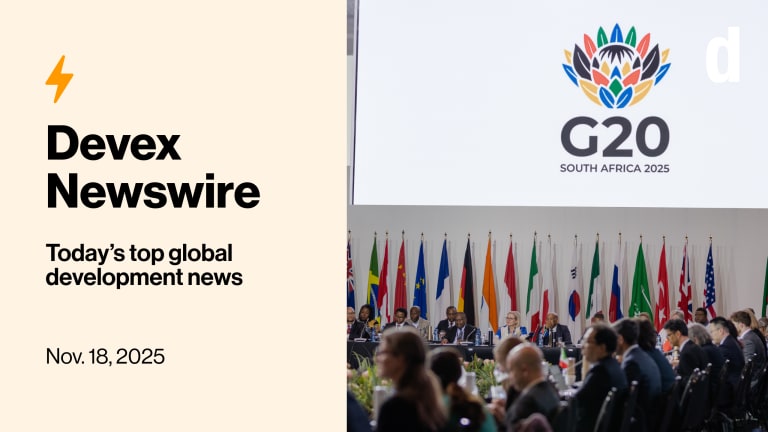
In less than a week, sustainable development will be at the top of the agenda when world leaders descend on Rio de Janeiro for one of the year’s biggest international summits, the U.N. Conference on Sustainable Development.
Aptly dubbed Rio+20, the conference takes place two decades after the first-ever Earth Summit was held in the same city. The 1992 gathering is considered a milestone: It galvanized public debate on biodiversity, the livelihoods of indigenous peoples and climate change — and laid the foundation for the Kyoto Protocol. Some 178 governments adopted the Agenda 21 and the Rio Declaration on Environment and Development.
Since then, two Earth Summits have been held: a 1997 meeting in New York City, dubbed Rio+5, and the 2002 World Summit on Sustainable Development in Johannesburg, South Africa.
The 1992 summit, however, was not the first to tackle sustainable development or the linkages between a healthy environment, economic growth and social well-being. That distinction is widely attributed to the U.N. Conference on Human Environment, held June 5-16, 1972, in Stockholm, Sweden.
Stockholm 1972, as the conference became known, produced a declaration and action plan emphasizing the need for international cooperation to protect the environment.
Another landmark to come out of Stockholm 1972 is the establishment of the U.N. Environment Program. UNEP’s mission is to “provide leadership and encourage partnership in caring for the environment by inspiring, informing, and enabling nations and peoples to improve their quality of life without compromising that of future generations.”
UNEP’s structure and mandate are expected to be among the topics of discussion next week in Rio. Proposals have been floated to strengthen the U.N. program or to establish a new agency with a broader and stronger mandate.
Other hot topics at Rio+20 include the green economy and how governments and civil society should behave in it, as well as the ratification of a set of sustainable development goals as part of a conference agreement that may pave the way for a broader agenda for global development that is expected to take shape before the Millennium Development Goals expire in 2015.
Read our previous DevTrivia.








